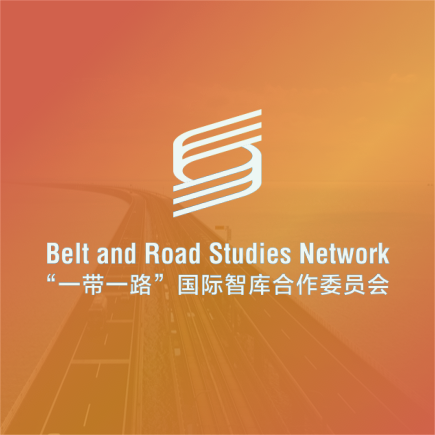
With the start of the new year, France has assumed the Presidency of the Council of the European Union. An overall ambitious presidency from the outset, it has at its core an agenda to explore a new model for growth for the European Union. This is absolutely essential in an era of transformative change.
While the main ingredients for growth - education and skills, entrepreneurship and finance - and a well-functioning state with solid institutions will always be needed, convincing and sustained growth will require a three-fold change of tack.
Policy cooperation, not competition, is at the heart of achieving good results. The concepts of competition and the level playing field drive most of the national and international regulations in place. However, the emergence of global tech giants and the entry of China into the global markets imply that it is very difficult to police and sustain the conditions that guarantee fair competition for all. The concept of the level playing field assumes that we are all equal. While we wish this were true, the fact is that not all countries are the same. Aiming for a level playing field just ignores that. Cooperation and coordination, on the other hand, aim to achieve results that are acceptable for all.
By means of an example in Europe, the EU stands to gain a lot more if it coordinates its actions internally and aims to achieve one single voice externally. The EU's decisive, speedy and clear-minded response during the pandemic crisis, and certainly by comparison to that during the financial crisis, showed just how effective cooperation can be to achieve good outcomes.
Greening, not greenwashing. The EU has set what are, without a doubt, and with good reason, incredibly ambitious goals for its climate policy. However, it has huge problems to overcome, including its own sincerity when it comes to "walking the walk" and not just "talking the talk". The recent taxonomy of what actually constitutes green investments that has recently been unveiled is an example of a very important tool, but one that can be challenged in this respect.
The European Central Bank, an important player in this regard, has rightly placed the greening of monetary policy within its main objectives. However, it does not have the tools necessary to achieve this, and is in no way in the position to bear the cost of failing to achieve climate objectives without damaging its other financial objectives.
While the EU is good at greening its production, it is far from greening its consumption. The attempt to tax polluting imports, very much in the cards, is a good attempt in this direction, but it will need to ensure that it does not stall poorer countries' access to the EU market. This is a very delicate balance that the EU will need to manage, as incentives to greenwash are very visible.
Time for alliances of the "non-like-minded". Too often we hear that to tackle global problems we need to form strategic alliances of the like-minded. Driven, understandably in a way, by the desire to make progress, Europe needs to talk with those that think and speak the same way. This, the argument goes, will give it scale and therefore greater bargaining power to deal with those that are not like-minded. However, when it comes to solving global problems, partial strategic alliances that achieve agreements then need to communicate those agreements to "the other side". And those on the other side of the alliances do not like to be confronted with "take it or leave it" deals. When it comes to global public goods, like the climate, everyone must sit on the "take" side of negotiations and contribute at a rate that is commensurate with their capacity. It is of the utmost importance to engage with non-like minded parties if we are to make sustainable progress.
It is necessary to change tack slightly when it comes to solving global and domestic problems alike. We can no longer afford "perfect competition", good intentions, or indeed to talk only to those who think like we do. Let's hope that 2022 will be the year to go that extra mile.
今年1月,新冠疫情突然而至。为了防止疫情扩散,我国采取了史无前例的交通阻断及人流限制措施,这也为我国农业农村经济发展带来了巨大挑战。
